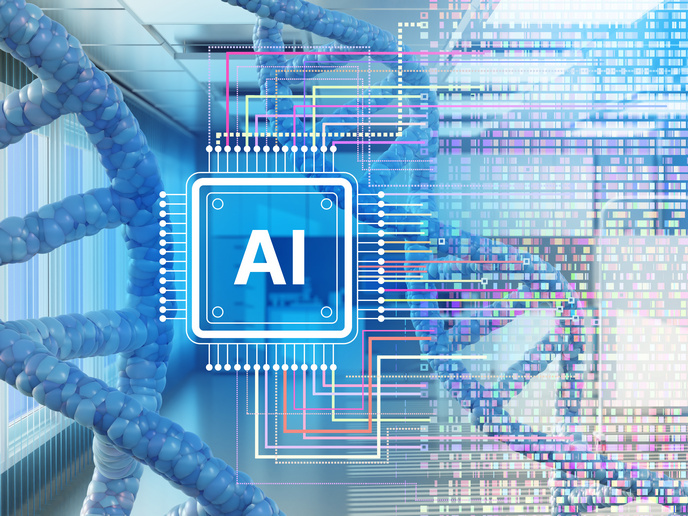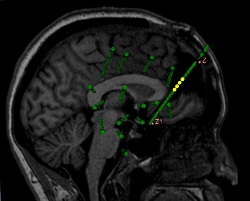Making sense out of vast amounts of biomedical data with AI
Genomes, proteomes, metabolomes, exposomes – when it comes to human cells and tissues, there’s no shortage of data. The question is: ‘what do we do with it’? “We have vast amounts of data, but existing methods for dealing with this data are limited,” explains Natasa Przulj(opens in new window), a professor of Computational Biology at Mohamed bin Zayed University of Artificial Intelligence(opens in new window) in Abu Dhabi. “This makes it extremely difficult for the scientific and medical communities to actually use this data in practice.” Artificial intelligence (AI) could help. With the support of the EU-funded ICON-BIO(opens in new window) project, Przulj has developed advanced AI methods that can fuse vast amounts of data, transforming them into actionable information that can improve medical treatment.
From data to disease treatment
The project, which received support from the European Research Council(opens in new window), has successfully developed a number of AI methods that can help treat such diseases as various types of cancer, COVID-19 and Parkinson’s. The solutions are designed to advance the personalisation of medicine. For example, several algorithms have led to the discovery of new biomarkers and drug targets. They can also be used to stratify patients into subgroups based on individual treatment needs. “By producing state-of-the-art AI methods for precision medicine, our work is improving medical care for all,” says Przulj.
Simplicity the key to using AI methods
The ICON-BIO project stands out not only by being one of the first to develop new AI methods for multi-omics data fusion, but also by its commitment to simplicity. “We quickly discovered that the more complex an AI method is, the less understandable and hence usable it becomes,” adds Przulj. “By keeping our solutions simple, we ensure that users can better understand and controllably and sustainably exploit the available data.” Beyond being explainable and easy-to-use, the project’s AI methods are data and energy-efficient, meaning they are also sustainable solutions.
Inspiring future generations of female researchers and scientists
Przulj is now busy working on more sophisticated AI methods – methods that promise to bring medical data utilisation to the consumer. As part of this effort, Przulj plans to integrate her methods into an industry-ready precision drug discovery software platform. Once complete, the platform will be available for many precision medicine and pharmacology applications, including drug, target, and biomarker discovery. But ICON-BIO’s legacy goes well beyond its scientific results. “As a female-led initiative, I hope our work inspires future generations of women to join the fast-paced and exciting field of artificial intelligence in biomedicine,” concludes Przulj. Przulj notes that the project’s success could not have been achieved without the help of her outstanding scientific team, including Noel-Malod Dognin, a senior scientist in her lab.







